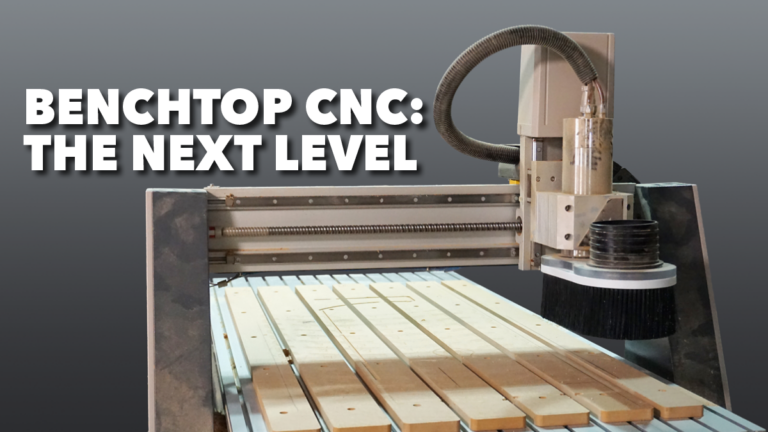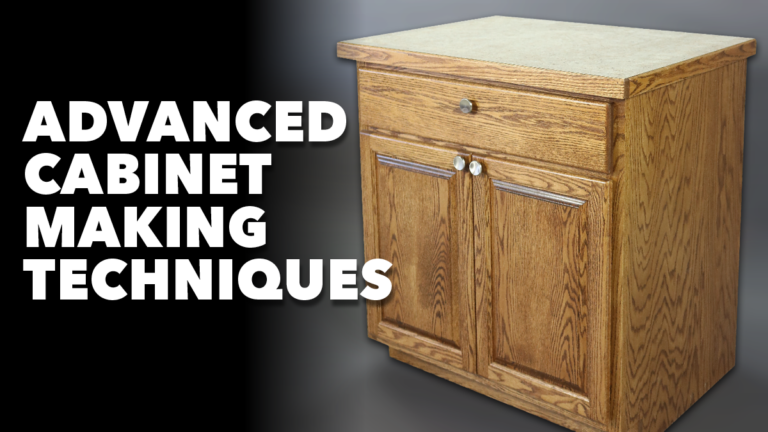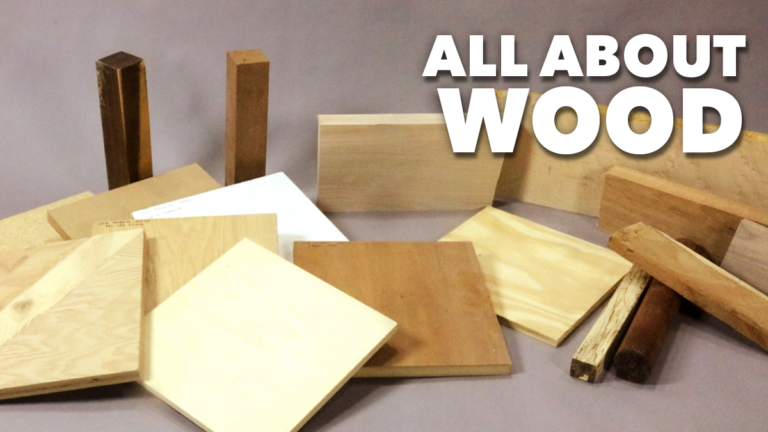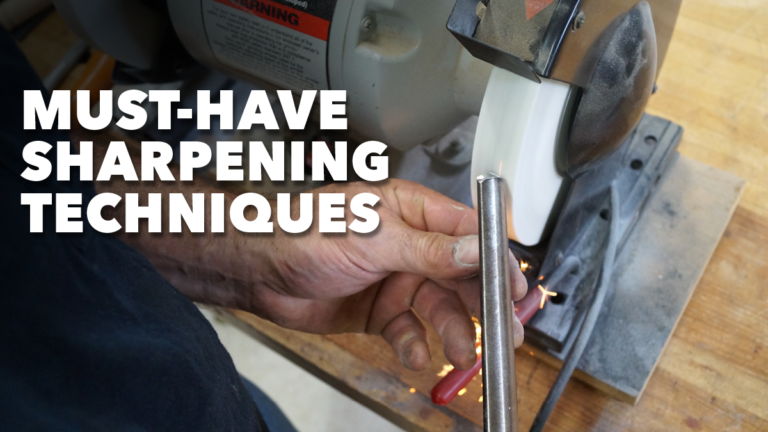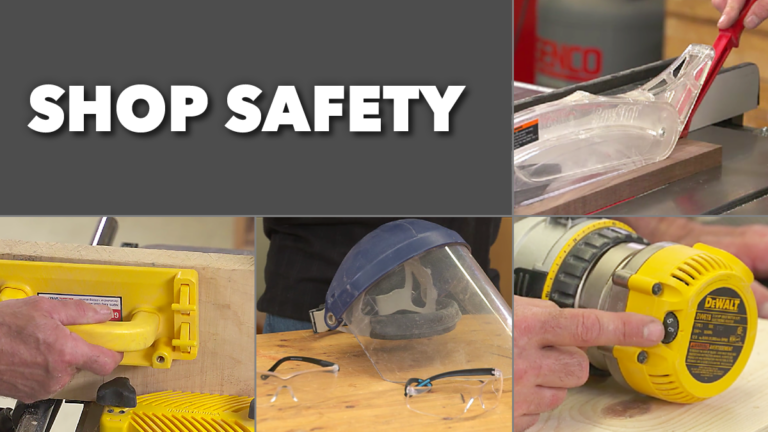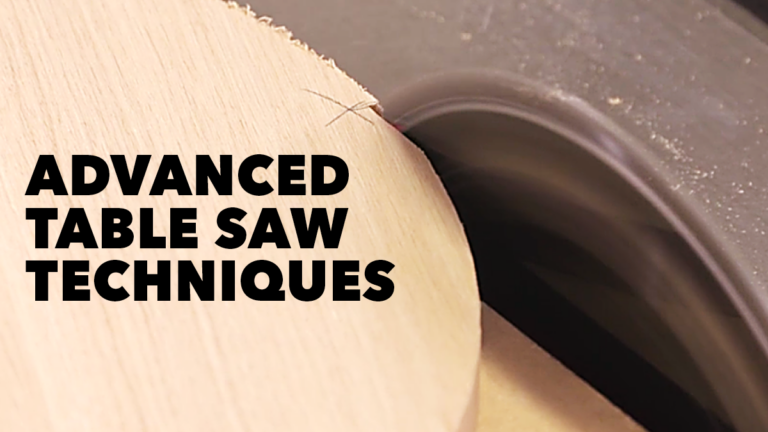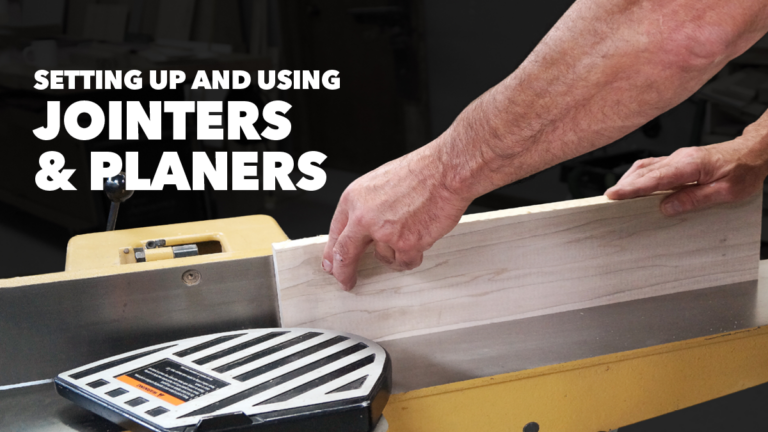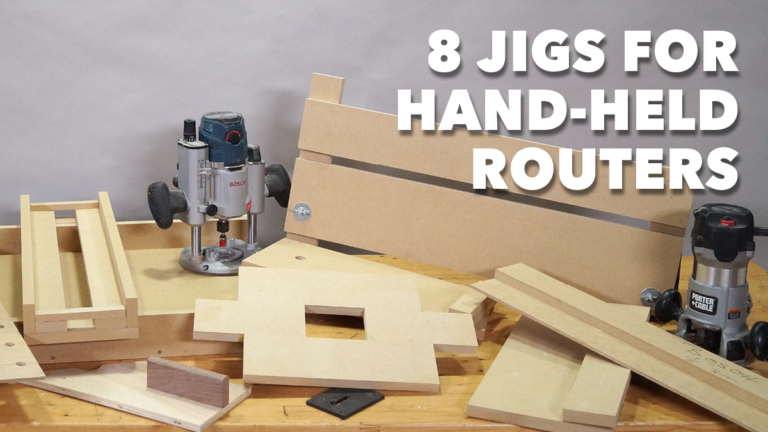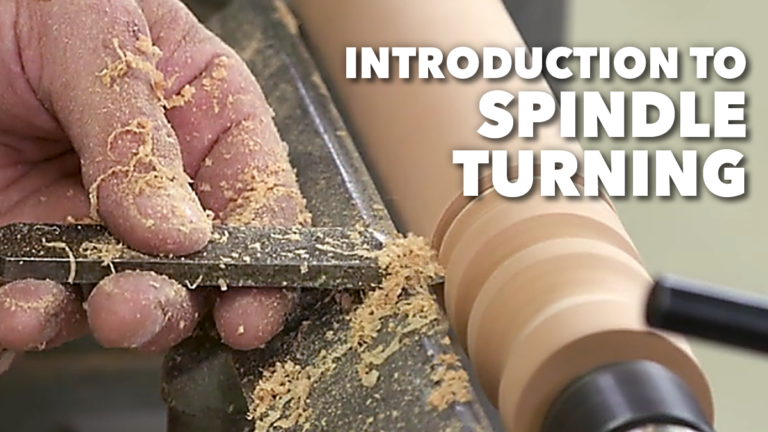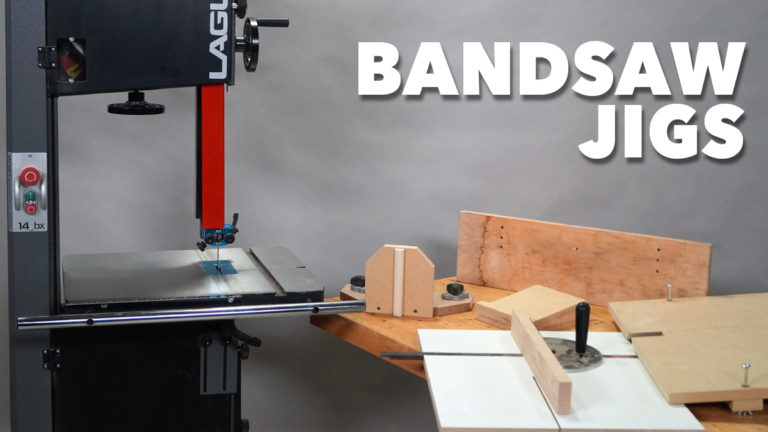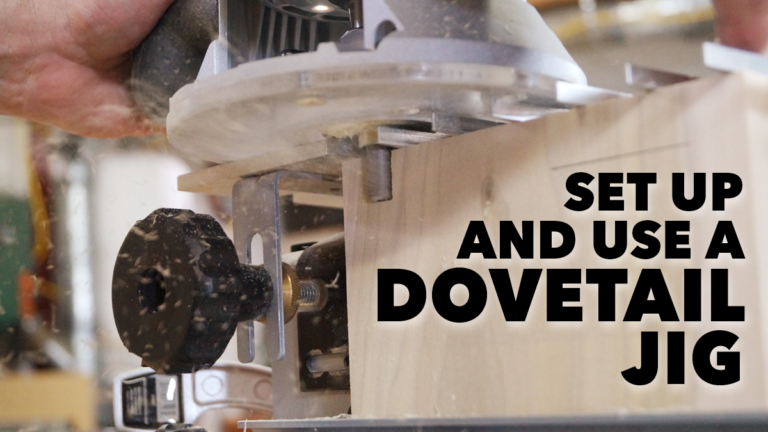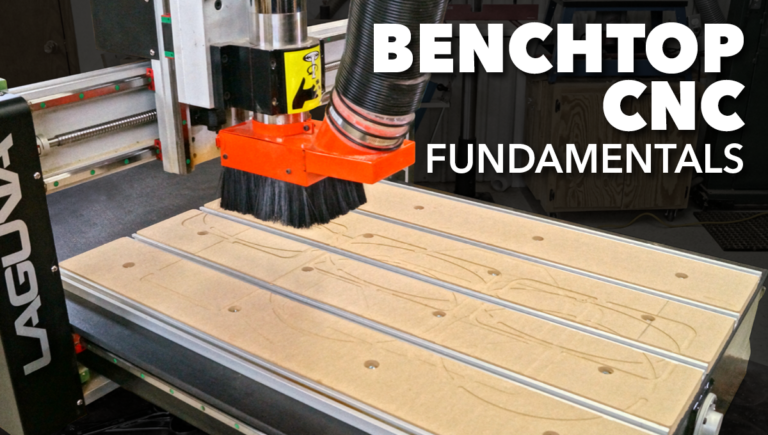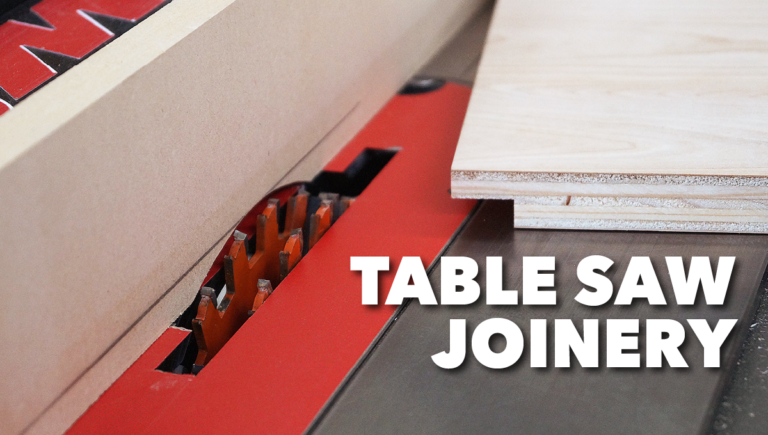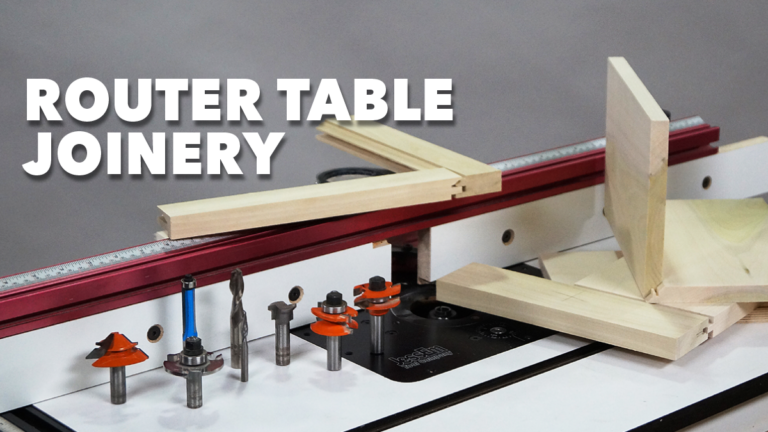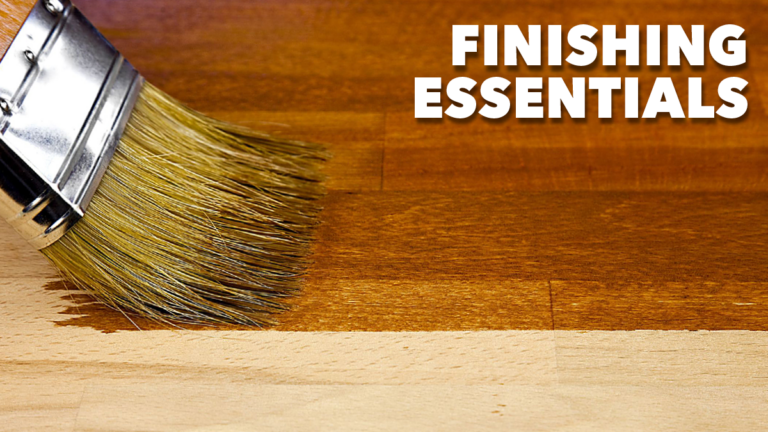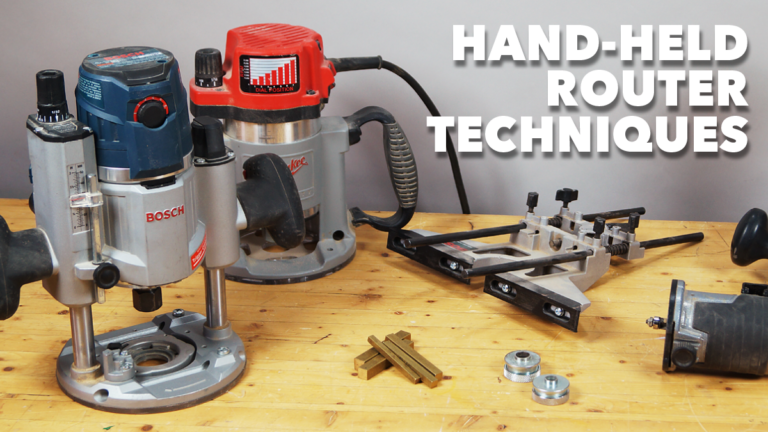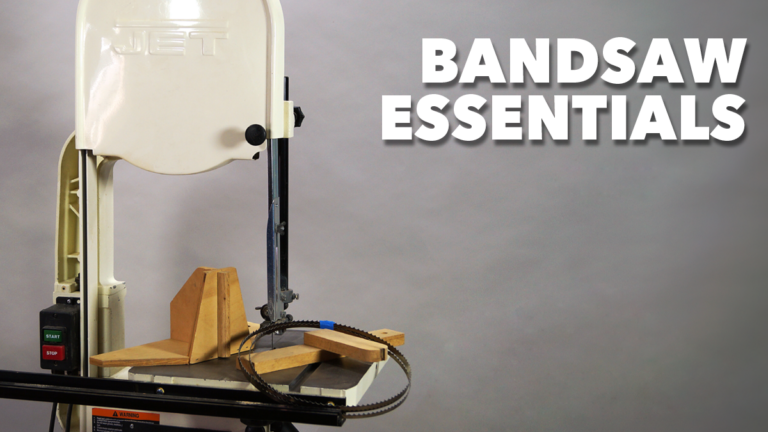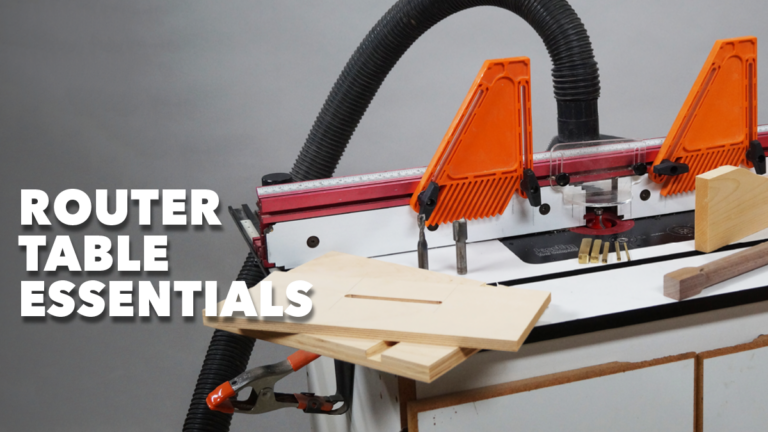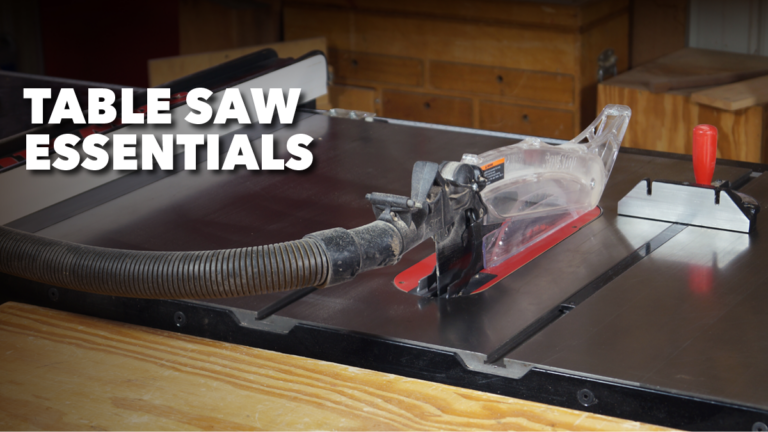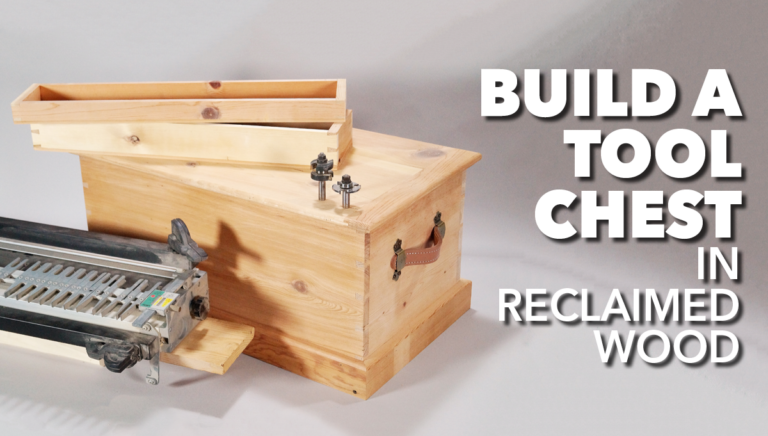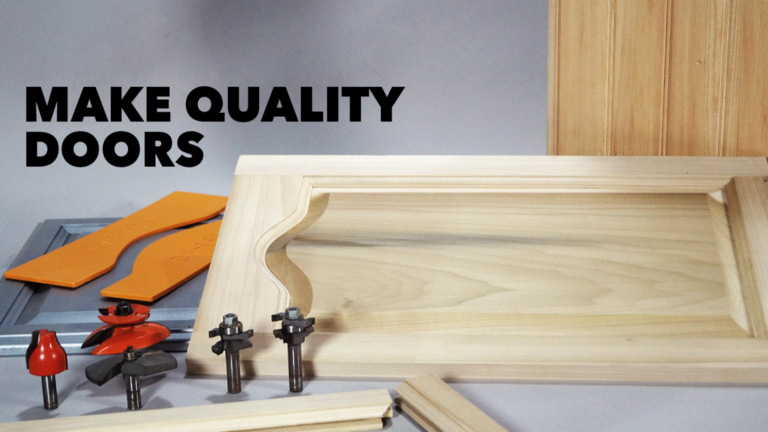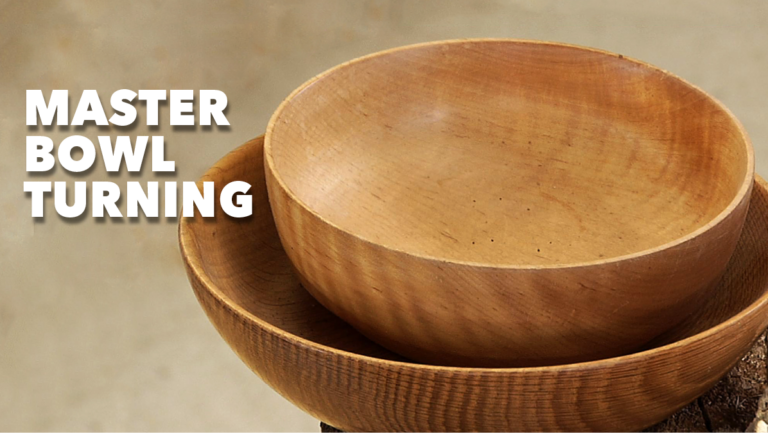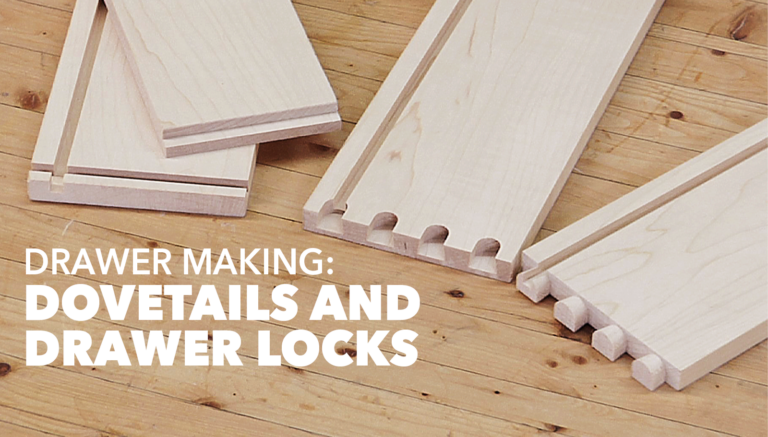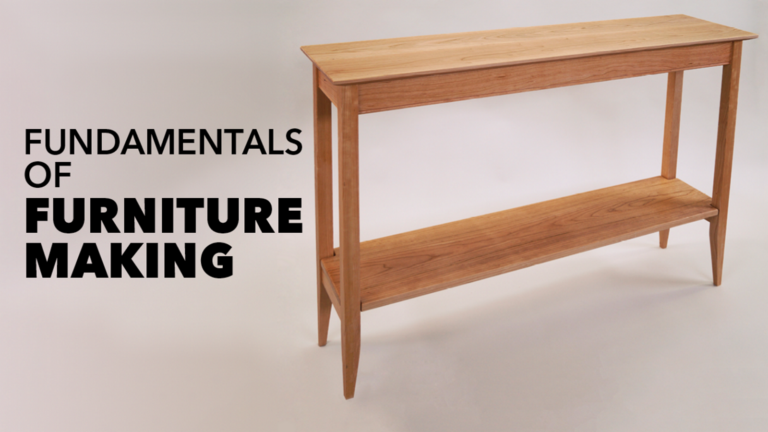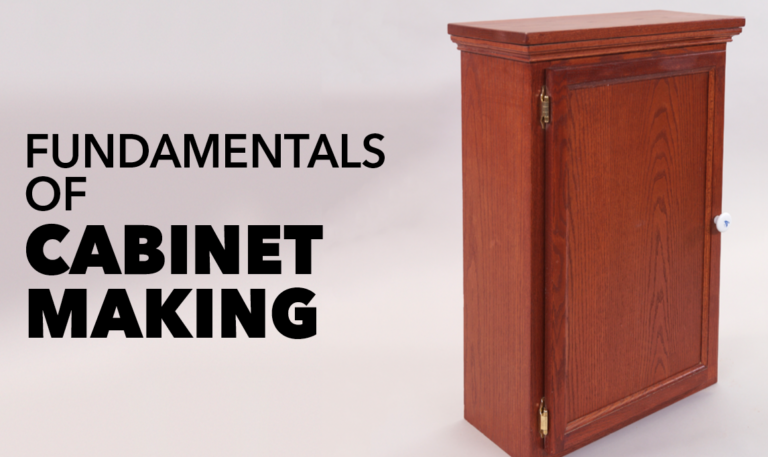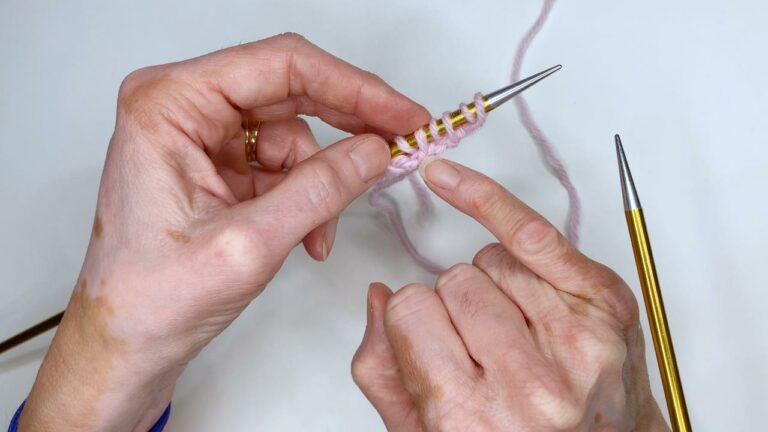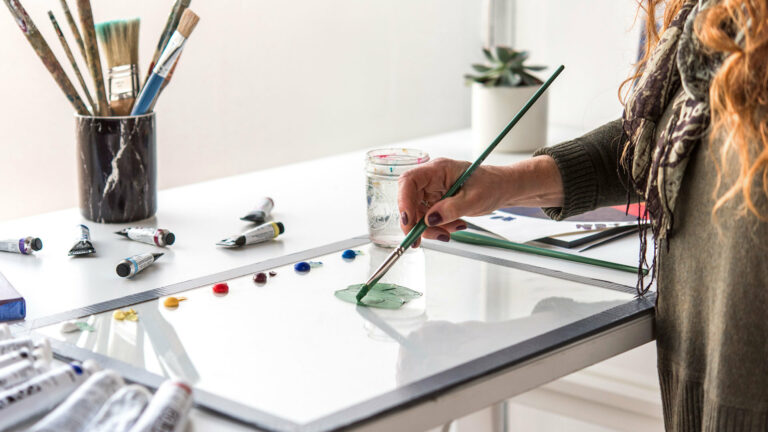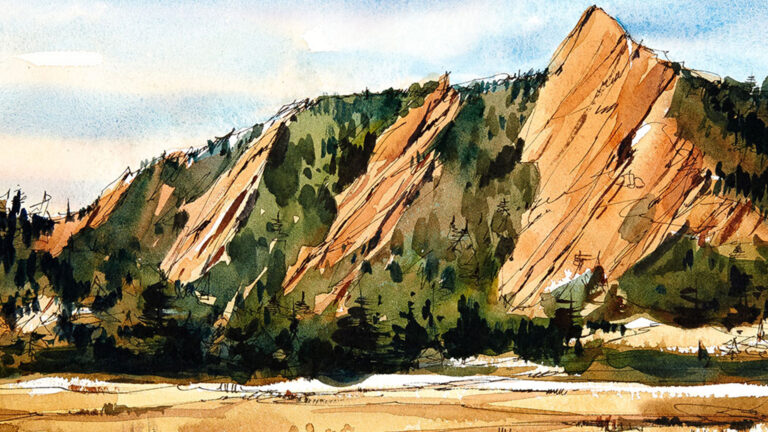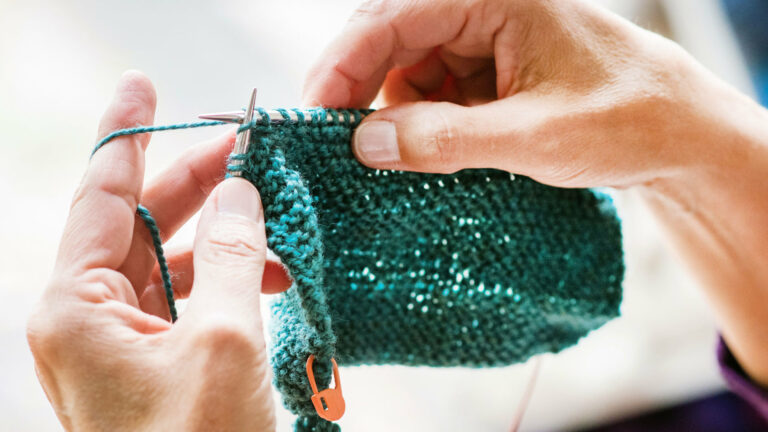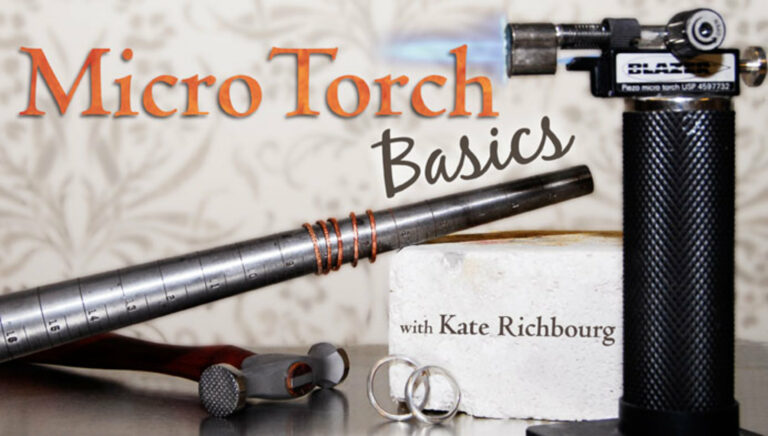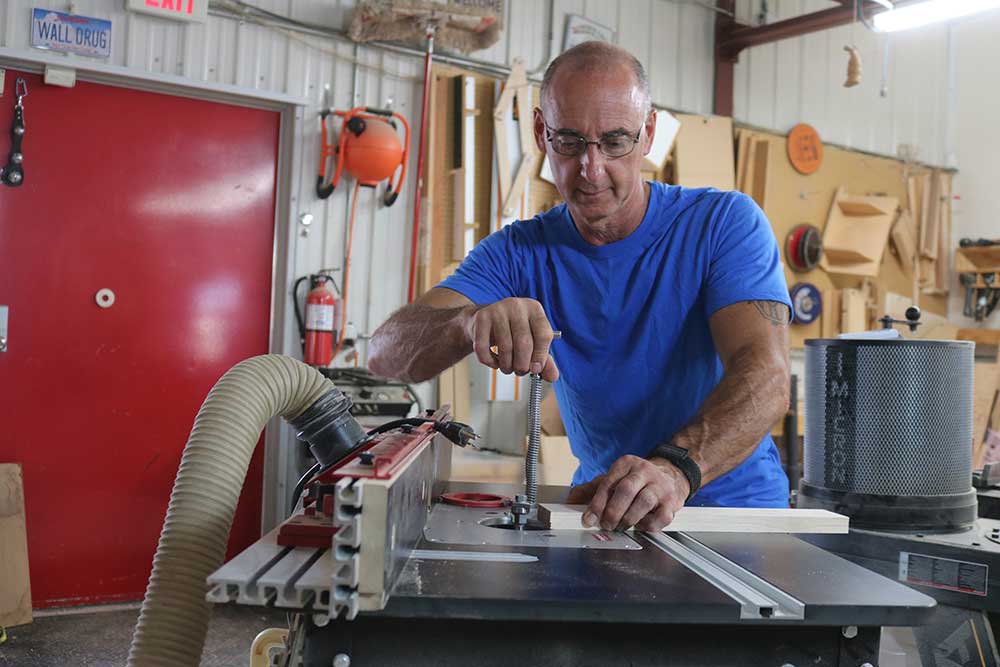
All About Glue
George Vondriska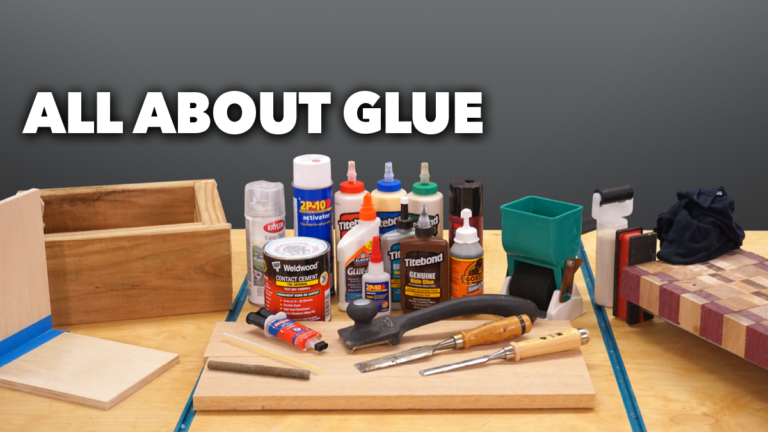
- In-depth Instruction; over 76 mins
- On-demand video access anytime
- Bonus downloadable PDF resources
- Access to class Q&A

If you want proof positive that glue is stronger than the material you’re gluing together, we’ve got you covered. You’ll see two dramatic displays of what happens when glue joints fracture, and where the fractures typically happen. As long as you create good joints and choose the right glue for the job, your projects will stand up to the test of time.

We identify and discuss ten different types of glue: Yellow glue; white glue; polyurethane glue; cyanoacrylate; waterproof and water-resistant glue; epoxy; hide glue, contact adhesive; repositionable spray adhesive; and thick viscosity glue.
The Class Guide PDF includes a handy reference chart that includes each glue’s characteristics. You can use this to help you ensure you always choose the best glue for the job.

When it comes to getting glue onto your project, neatness counts. So does getting just the right film of glue in place. Too little glue, and you can starve the joint and affect its strength. Too much glue and things get really messy, really fast. We’ll show you pro tips and tricks that’ll help you get the right amount of glue in the right spot, regardless of the joint type.

It’s good to have a little squeeze out from glue joints. It shows you that you had plenty of glue in the joint. The problem is dealing with squeeze out. If you don’t do it correctly, you’ll see dots in your finish that are the result of glue residue. The solution is two-fold, preemptively deal with it by getting things in place to prevent the squeeze out from getting away from you. Or deal with it later. Just how much later depends on what kind of glue you’re using. We’ll help you with that, and with making sure your projects don’t have finishing defects caused by errant glue.
When you’re ready to start on a project, you carefully choose the material, you develop a plan, and you think about what finish you’ll use.
Well, you should give just as much thought to the glue you’ll use and how you’ll use it!
There are many great types of glue in the marketplace, and they have a variety of characteristics. Fast and slow dry times, waterproof or not, able to bond dissimilar materials, can cure in the presence of moisture…. You don’t need a chemistry lesson to understand glue – you just need this class.
Today’s glues are amazing!
As long as your joinery is sound, today’s glues are stronger than the material you’re putting together. Your instructor, George Vondriska, will provide two great demos to prove it to you. It’s more common to see the material on each side of a glue joint fail than it is to see the joint fail.
Choosing your glue
Yellow glue, white glue, polyurethane…. Where does each of these glues fit into your woodworking and your shop? How about hide glue? Cyanoacrylate? There are so many glue choices. In addition to providing you with characteristics of a variety of glues within the video, you’ll get a printable reference sheet you can take into the shop to help you dial in the right glue choice.
Getting glue on, and off
Getting the right amount of glue in the joint and getting it in JUST the right spot can be tricky. Direct from the bottle, brushes, customized applicators… what’s the best approach? It depends on the circumstances. And if the glue squeezes out, then what? We’ve got tricks and tips covering that, too.
More than Video
In addition to the hands-on video instruction you’ll receive, this class provides you with downloadable and helpful resources to print and keep, including a detailed Class Guide as a recap of the critical points of the class instruction. Also, you’ll get a Class Resources document that will give you information on the products you’ll see in the class.
George Vondriska
Formally trained in technology education, George Vondriska has been teaching woodworking since 1986. He has been the managing editor of Woodworkers Guild of America since 2007. In addition to classes at his own Vondriska Woodworks School, George teaches at woodworking shows across the country and has taught woodworking for the Peace Corps, Andersen Window, Northwest Airlines and the Pentagon.

Bonus materials available after purchase

